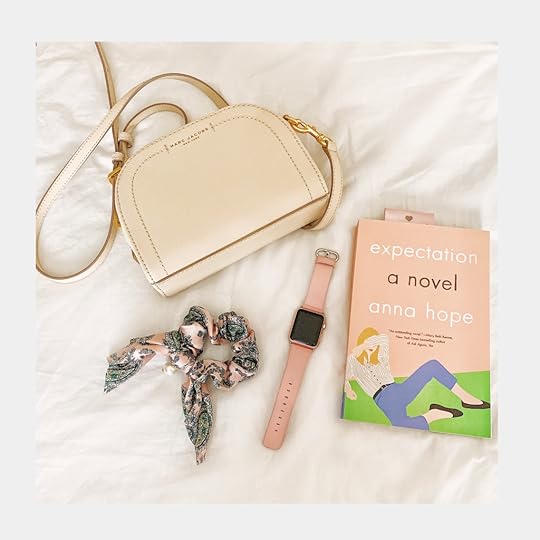What do you think?
Rate this book


336 pages, Hardcover
First published July 11, 2019

"Jesus," says Hannah, laughing. It always astonishes her, the crap Lissa puts up with. "Well, if you don't get the part, you could always do a one-woman show, Directors I Have Known and Been Rejected By."
Hannah's comment from last night comes back to her: a one-woman show. Directors I Have Known and Been Rejected By. It was funny, of course it was, but it had stung. She wouldn't make a comment like that about Hannah. Hey! Han! What about All the Times I've Tried IVF and It's Failed. What about that? Wouldn't that be hilarious? But of course the comparison doesn't stand. Because nothing beats Hannah's pain.
When Cate and Hannah talk, they talk about their children mostly [...] And their children talk, too - they know each other well, it is clear; they tell Lissa about a holiday they all took last summer to France. As Lissa watches, she feels a familiar ache. She will be forty-four next birthday. As the years in which she might conceivably conceive have diminished, she has felt a corresponding, surprising sadness rise. It is not that she wants a child, not really, she is happy with her life [...] It is just that sometimes, lately, on the way to work, or walking through the weekend markets, she will stop, made suddenly breathless at the sight of a baby.
''Your generation,’ her mother says quietly. ''Honestly. You baffle me, you really do.''
''And why is that?''
‘'Well. You've had everything. The fruits of our labour. The fruits of our activism. Good God, we got out there and we have changed the world for you. For our daughters. And what have you done with it?''
“You must keep hold of your friendships, Lissa. The women. They’re the only thing that till save you in the end.”
“Sometimes I feel like I failed.”
“At what?”
“Everything.”
“Do you pray for a baby?”
“Yes, love. I did.”
“You did?” she says. “And now?”
Her mother steps forward, takes Hannah’s cheeks in her palms. “Now, I pray for your happiness, love. For you to be happy. That’s all.”